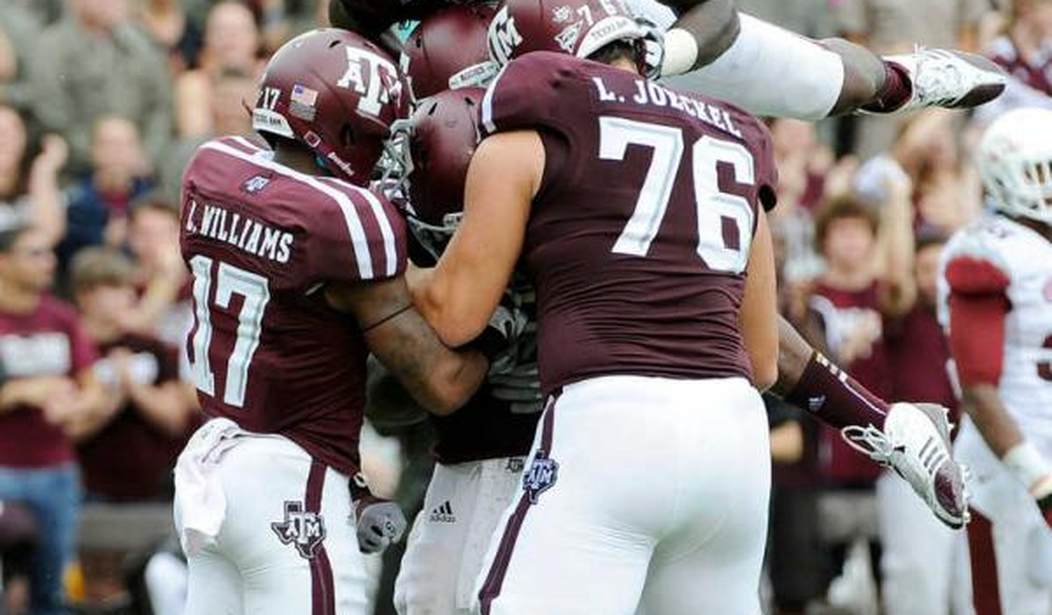WASHINGTON – A Senate panel provided NCAA President Mark Emmert with some rough treatment on Wednesday on issues ranging from the treatment of college athletes to investigations into reports of sexual abuse.
For his part, Emmert tried to assuage members of the Senate Commerce, Science and Transportation Committee, voicing support for the concept of “scholarships for life” for athletes while acknowledging that “changes are needed.”
“Intercollegiate athletics provides more financial aid to more students-athletes than ever before,” Emmert said. “More student-athletes are graduating than ever before and student-athletes enter college better prepared and leave college better conditioned to take on leadership roles throughout our society.”
But panel members made it clear that there is deep dissatisfaction with NCAA operations. Sen. Jay Rockefeller (D-W.Va.), the committee chairman, expressed concern that the system is being corrupted by money, wondering if the NCAA is “simply a legal cartel.”
“Colleges and universities say that these revenues benefit college athletes and their student bodies at large,” Rockefeller said. “But I think we have to consider whether the lure of such riches could corrupt the basic mission of athletic programs. Winning teams get higher payouts than losing teams, which creates a strong incentive to win at any cost. And much of the money is often funneled right back into those sports programs, in the form of multi-million dollar coaching salaries and state of the art facilities – to perpetuate that cycle of winning.”
Athletics, Rockefeller said, “are meant to serve schools and their public duty to educate students, not the other way around.”
Sen. John Thune (R-S.D.), the committee’s ranking member, also sought to remind Emmert that “the college student-athlete is and should be a student first.”
Thune cited criticism that “some institutions appear unable to balance the core academic mission of the university and the commercial considerations that often accompany college athletics, particularly in high-profile sports. Many feel the commitment to the ‘student-athlete’ is falling short.”
The hearing marked the second time in two months that a congressional committee held a hearing regarding the authority of the NCAA, which finds itself under increasing pressure to adopt changes to better serve the student-athlete.
The House Education and the Workforce Committee held a hearing in May about the potential consequences of a movement initiated by Northwestern University football players to unionize college athletes – a process opposed by Emmert and the NCAA. The organization also is facing a lawsuit from former student-athletes, most prominently former UCLA basketball player Ed O’Bannon, who maintain student-athletes should get a share of the revenues from the use of their names, images and likenesses in broadcasts and videogames. Emmert opposes any attempts to pay athletes, saying it runs counter to the concept of amateurism.
But Emmert told lawmakers that promoting student-athlete success in the classroom and on the field stands “first and foremost” among his priorities, maintaining that the aim is to enable them “to succeed throughout life.”
“And while we strive every day to do just that, I strongly believe improvements need to be made and more work must be done,” Emmert said.
The top NCAA official said both he and the Board of Directors of Division 1 schools – the top tier of collegiate competitors — are “often frustrated at the lack of consensus and the slow speed at which progress is made.” While the board serves as the decision-maker on most key issues, the 346 universities that comprise Division One can veto board actions if 62.5 percent of the schools disapprove. That occurred in 2012 after the board twice approved an expense allowance for athletes but the schools stepped in.
Regardless, Emmert said, there are “too many educational opportunities for nearly a half-million student-athletes each year to stop searching for solutions” and the NCAA model ultimately has “served this country and our young people.”
On the issue of scholarships, Emmert said he supports the concept of multi-year awards. Current rules limit scholarships to one year. He added that scholarships should cover the full cost of attending college — not just room-and-board and other basics. Emmert also expressed his support for improved health, safety and insurance initiatives for student-athletes but noted that such changes likely will only occur if the NCAA’s decision-making structure is changed, giving more authority to the five largest intercollegiate conferences.
Sen. Corey Booker (D-N.J.), who played football at Stanford University, complained about the slow pace of change within the NCAA, asserting that the issues currently under discussion are the same as the ones vented when he was a student-athlete 20 years ago. Scholarship athletes who may spend up to 70 hours a week on their sport are being exploited, Booker said, and often can’t even afford basic necessities.
“This is plain and simple the dark side of the NCAA,” Booker said, adding that “we’ve seen the NCAA move quickly when money and reputation is on the table. Where is the urgency?”
Committee members had other issues on their minds. Sen. Claire McCaskill (D-Mo.) cited a report showing that more than 20 percent of the NCAA schools provide their athletics departments with oversight authority over sexual abuse allegations involving student-athletes. Several lawmakers objected to that methodology with Sen. Kelly Ayotte (R-N.H.) instructing Emmert to “walk out this door and fix that.”
Emmert said he was “surprised and dismayed” by the report’s findings and vowed to end the apparent conflict of interest.
Rockefeller questioned Emmert about a lawsuit filed against the NCAA by the family of a football player at Frostburg State University in Maryland who died in 2011 after suffering a head injury in practice. In defending the case, a lawyer for the NCAA asserted that the association “denies that it has a legal duty to protect student-athletes.”
Emmert immediately distanced himself from what he characterized as “a terrible choice of words,” assuring Rockefeller that “we have a clear moral obligation to protect student-athletes.”









Join the conversation as a VIP Member